When 2020 started, we wouldn’t have imagined that schools would shut down, playing outdoors would be unsafe, regular income will be affected, and that staying at home would become the only way to stay safe.
Personally, I haven’t been able to venture out for plogging — something that I have enjoyed doing for close to three years now. Running-plus-picking-waste has been an effective way of keeping the environment clean and creating awareness. COVID made me and my team, The Indian Ploggers Army, realise that even if we’re not able to plog, there are other things we can do.
The gaps that COVID created
We have seen almost everything go online in the last six months or so, and while many might applaud this, it has left lakhs of children across the country without access to education.
Just a few weeks into COVID, we saw how most schools managed to go online. But many children couldn’t, as they couldn’t afford to buy a smartphone or other essential educational tools.
Even in Bengaluru, the IT capital, I noticed children deprived of education and recreation because they didn’t have smartphones and couldn’t step out. To bridge this gap, I, along with the plogging community, decided to help the underprivileged, especially children, in and around JP Nagar 2nd Phase, in a couple of slums near East End Road in Jayanagar, Hoskerehalli, and a slum near Puttenahalli Lake.
Setting up knowledge banks for children
A few months into the lockdown, we realised many things were lying unused in our homes — old mobile phones, toys, books, stationery, clothes, footwear, and a lot else — which can be reused and shared with those in need.
Last month, we made an appeal to the plogging community, eco-groups across the city, friends and family, and on social media, to donate phones, laptops, computers, toys, books, etc., that are in good/usable condition. We received good response, considering this was a rather spontaneous initiative. So far, we have managed to set up the following:
- Digital Bank: Collection of phones, laptops and computers
- Toy and Stationery Bank: Collection of toys, books, stationery, educational tools
So far we have received over 25 electronic gadgets, mostly old phones which were unused. Fortunately, over 50-60% of these phones are in usable condition. Budli.in is helping us refurbish the phones for free, after which we hand these over to children in need. We haven’t defined a selection criteria for those in need; we try our best to make a phone available as and when a request comes in. We are hoping that readers like you will come forward and donate unused, old phones that will help children.
Through our toy and stationery bank, along with the Unicorn Art Club, we have been able to collect around 300 books covering diverse topics which have reached over 150 children so far. The toys collected include soft toys, cycles, building blocks, cars, and other plastic toys which would have been thrown away otherwise.
While we are at it, we haven’t forgotten the plogging spirit that drives us. By collecting and reusing things which would have otherwise landed in garbage dumps, we are promoting a culture of recycling waste.
These small acts will go a long way in creating awareness and inculcating a habit of choosing eco-friendly options.
The various collection and donation drives have given us the opportunity to spread our message to more people. Our broader objective is in line with the theme of reuse.
Sustainable menstruation is another issue we take up while visiting communities where we see a need to create awareness. We started a series called “Cupman” i.e. Plogman turning into a Cupman — a man who encourages women to take up sustainable menstruation.
If there can be he-man, superman, spiderman and plogman, why can’t there be a Cupman? This concept was well-appreciated in the eco-community, the broader objective being to make all men think on #SustainableMenstruation and discuss the same openly with the women around them.
Through this initiative, more than 100 women were briefed on sustainable menstruation, and reusable, sustainable cloth pads were distributed across three slums in JP Nagar, Jayanagar and Koramangala, in collaboration with MITU Foundation. A company Stonesoup, which makes such eco-friendly products, has assured its support for future community drives.
How you can put an unused item at home to use
If you want to be part of our initiative, let us know about the unused items in your home that can be added to our digital bank/toy and stationery bank. You can connect with us on Facebook, Instagram, or via WhatsApp on +91 9686095959.
Please ensure that items being donated are washed, clean, in good condition, and would make the recipient smile. The donor should be glad to see it being used. It has to be a donation activity and not a disposing activity!
At present, keeping the COVID scenario in mind, we are accepting only bulk pickups for toys and books. We are not accepting non-academic books and used notebooks. Solo pickups for smartphones, iPads, laptops will be arranged within 2-3 days.
Creating community knowledge banks
You too can take this initiative to your neighbourhoods and wards. The Indian Ploggers Army would be more than glad to lend a helping hand. The model is simple – it requires a small room/space that can double up as a space to keep toys and books, where children can come, read and study.
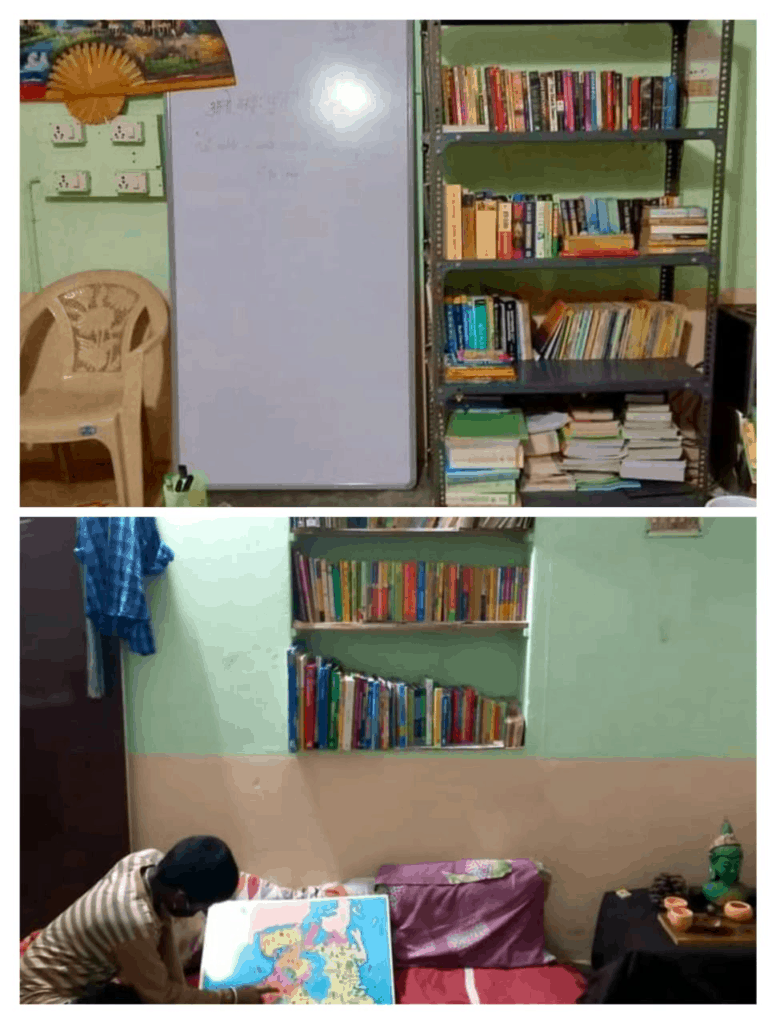
Imagine, if our BBMP parks and offices could have some infrastructure like this!

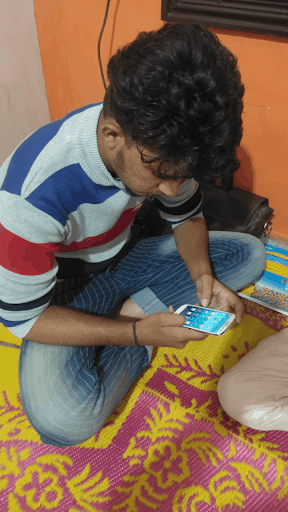
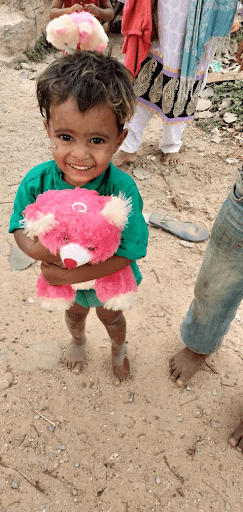
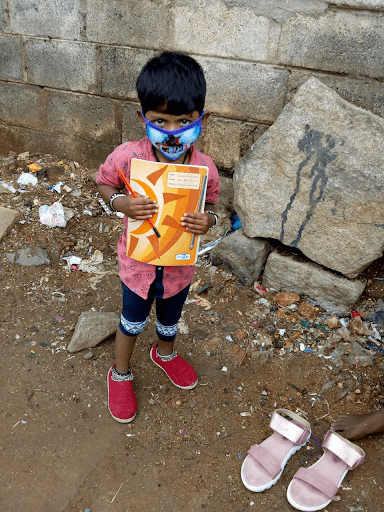
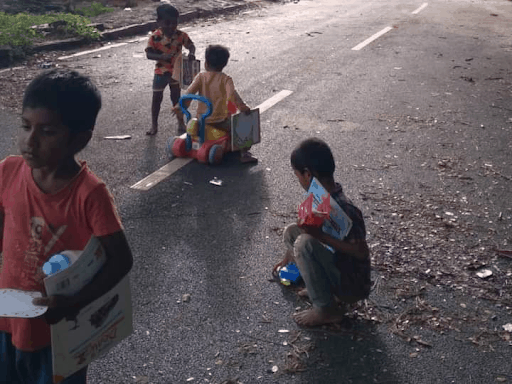
Hi
Veena here form Cox Town.I just had query were you could help me out in disposing your aprtment wet waste compost..as the compost is done by your aprtment itself…but now due to covid we finding it difficul to dispose the compost..it would be great if anyone could help us out in this,you can reach me on 9845688748.
Best Regards
Veena
Such a lovely initiative. This was my own dream. And here I see someone doing it. Congratulations. In times of Covid..you were able to do something special with the kids..in the line of Education
Thanks sirs. Glad to know that . looking forward to hear from you
Please mail me, would like to coordinate this in our apt. Thanks
Sure .please ping me on WhatsApp 9686095959
Thanks sir